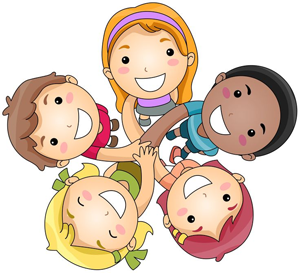




Preschool and Kindergarten - Age Benefits
Getting praise early in life for accomplishments builds positive self-worth which can pay off academically.


© 2017 All rights reserved | Design by Team Trivam